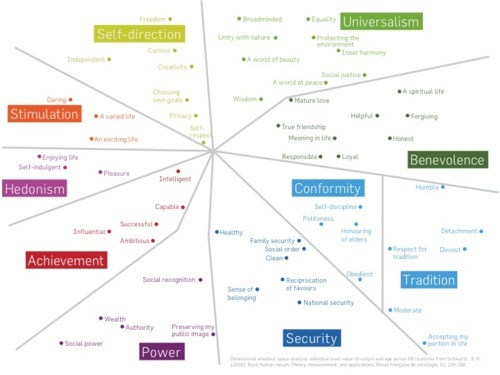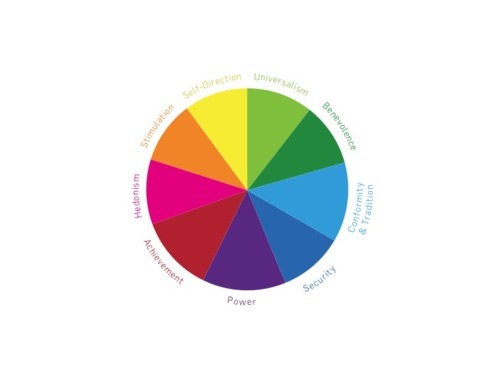Finding Frames for Development – a summary
Today Martin Kirk, head of campaigns at Oxfam UK, came and gave a talk to my Development Studies course on the ‘Finding Frames for Development’ report. This blog is a rough outline of what he spoke about.
This report, funded by DfID (Department for International Development), focuses on the reasons why UK public engagement with the issue of poverty and development has declined since a peak around the Make Poverty History campaign. It builds on the values and frames work behind the Common Cause project.
Martin argued that over the past couple of decades we’ve been exposed to a model of communication around aid, development and poverty which focuses on the giving of money. When asked why Make Poverty History failed, the UK public responded in overwhelming numbers that it was because it failed to raise any money. However, Make Poverty History wasn’t even set up as a fundraising campaign. But because of the persistent ways the UK public engages with development, this was their interpretation.
Further research involved language and discourse analysis on the way the UK public see ‘the poor’ in the developing world. The poor are characterised as a single group, lacking agency and whose only available choice is to have children – and when they do, it’s a negative choice because they have lots of them.
Martin then delved into some of the theory behind this research. This comes from two bodies of work – the values research of Shalom Schwartz and the frames research of cognitive linguists such as George Lakoff.
The values research basically says that every person holds a wide set of values, shown in the image below. Every person holds all these values at individual moments, and over longer durations of time. For different people, different groups of values are more active, and values that are closer to each other on the diagram are more likely to be held simultaneously, while distant values will be suppressed. Certain values might be considered more helpful for achieving social change and global justice, perhaps those in the top right corner might be considered the most helpful for these wider goals.


Frames, are the way that we think about the world. A frame contains all the assumptions and knowledge we have about something. An example of a frame is the word ‘restaurant’ – this word has certain associations – that a menu is followed by a choice of food, followed by a meal followed by a bill.
A more political frame is ‘tax relief’. This frame implies that tax is a burden and that anyone who cuts taxes is a reliever, someone who makes people feel better. This frame is very effectively deployed by the Republicans in the US.
Frames are based on language, and therefore they trigger different values. As campaigners, in the long run, we would hope to be triggering the values in the top right corner of the diagram, since we might suspect that they lead to longer-term, more sustainable social change.
In the development sector, Martin proposed, based on the research in the paper, that there are certain surface frames, and certain deep frames, that trigger the wrong kinds of values. In fact, the words ‘aid’, ‘development’ ‘charity’ and ‘campaign’ all, was Martin’s proposition, trigger the less helpful values around status, hierarchy and power. This is because they are all reflections of a deep frame – the moral order frame. This frame asserts that there is a natural order to the world, that the poor are poor because of some sort of moral hierarchy and that we in the developed world are somehow, inherently better than they are. While this can be used in messaging that generates short term financial support, it does not create long-term sustainable change that modifies the relationship of publics in the developer world with people in the developing world.
For Martin, the role that these publics have is vital to changing the priorities and approaches that both developed and developing country governments have to these issues.
This blog is by no means comprehensive, and a short video of a similar presentation given by Martin can be found here. Follow the hyperlinks in this blog to find relevant papers and sources of information.
